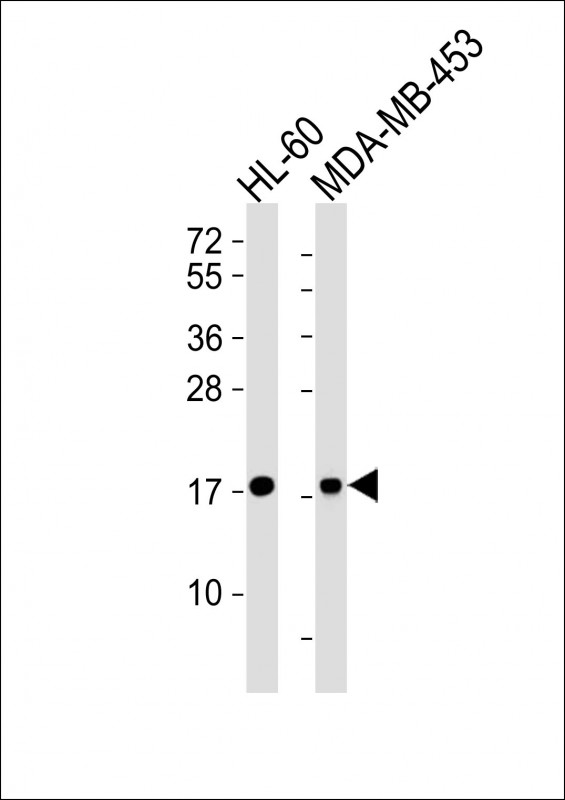

| WB | 1/4000 | Human,Mouse,Rat |
| IF | 咨询技术 | Human,Mouse,Rat |
| IHC | 咨询技术 | Human,Mouse,Rat |
| ICC | 技术咨询 | Human,Mouse,Rat |
| FCM | 1/25 | Human,Mouse,Rat |
| Elisa | 咨询技术 | Human,Mouse,Rat |
| Aliases | Bis(5'-adenosyl)-triphosphatase, AP3A hydrolase, AP3Aase, Diadenosine 5',5'''-P1,P3-triphosphate hydrolase, Dinucleosidetriphosphatase, Fragile histidine triad protein, FHIT |
| Entrez GeneID | 2272 |
| WB Predicted band size | 16.7kDa |
| Host/Isotype | Mouse IgG1 |
| Antibody Type | Primary antibody |
| Storage | Store at 4°C short term. Aliquot and store at -20°C long term. Avoid freeze/thaw cycles. |
| Species Reactivity | Human, Mouse, Rat |
| Immunogen | This FHIT antibody is generated from a mouse immunized with a recombinant protein. |
+ +
以下是关于FHIT抗体的3篇参考文献及其摘要概述:
---
1. **文献名称**: "Fhit protein expression in human lung cancer: a tissue microarray study"
**作者**: Sozzi G, et al.
**摘要**: 该研究通过免疫组化(IHC)结合FHIT特异性抗体,分析了非小细胞肺癌组织中FHIT蛋白的表达缺失情况,发现其与肿瘤分期和患者生存率显著相关,提示FHIT可作为肺癌预后的生物标志物。
2. **文献名称**: "Loss of Fhit expression in gastric adenocarcinoma: correlation with mismatch repair deficiency and clinicopathological features"
**作者**: Lee J, et al.
**摘要**: 利用FHIT抗体检测胃癌样本,发现FHIT蛋白低表达与微卫星不稳定性(MSI)及淋巴结转移密切相关,表明FHIT缺失可能在胃癌发生发展中起关键作用。
3. **文献名称**: "Development of a monoclonal antibody against the FHIT protein for diagnostic applications"
**作者**: Tanaka R, et al.
**摘要**: 报道了一种新型抗FHIT单克隆抗体的开发,并通过Western blot和免疫荧光验证其高特异性,成功应用于多种癌症组织切片中FHIT蛋白的精准检测。
---
以上文献涵盖了FHIT抗体在基础研究、临床关联分析及技术开发中的应用,为相关领域提供参考。
×